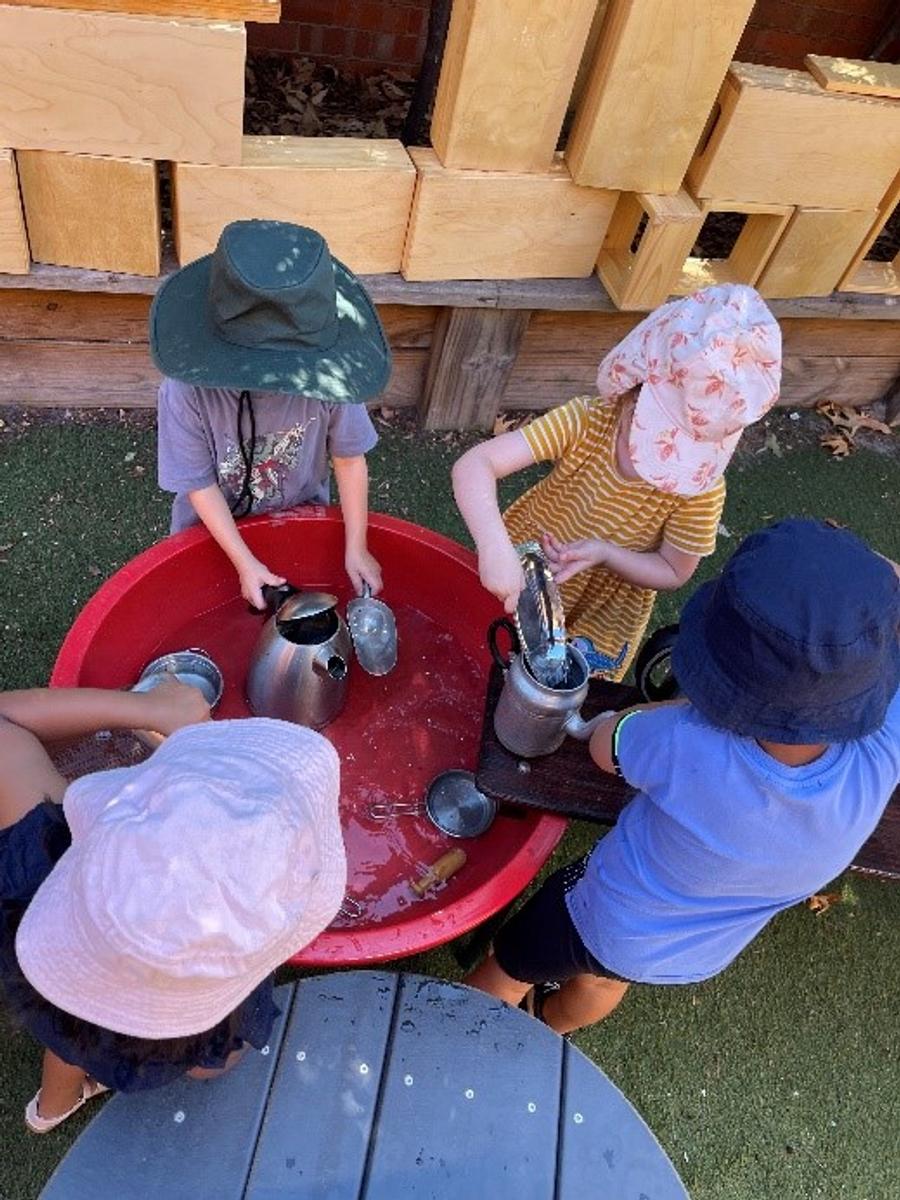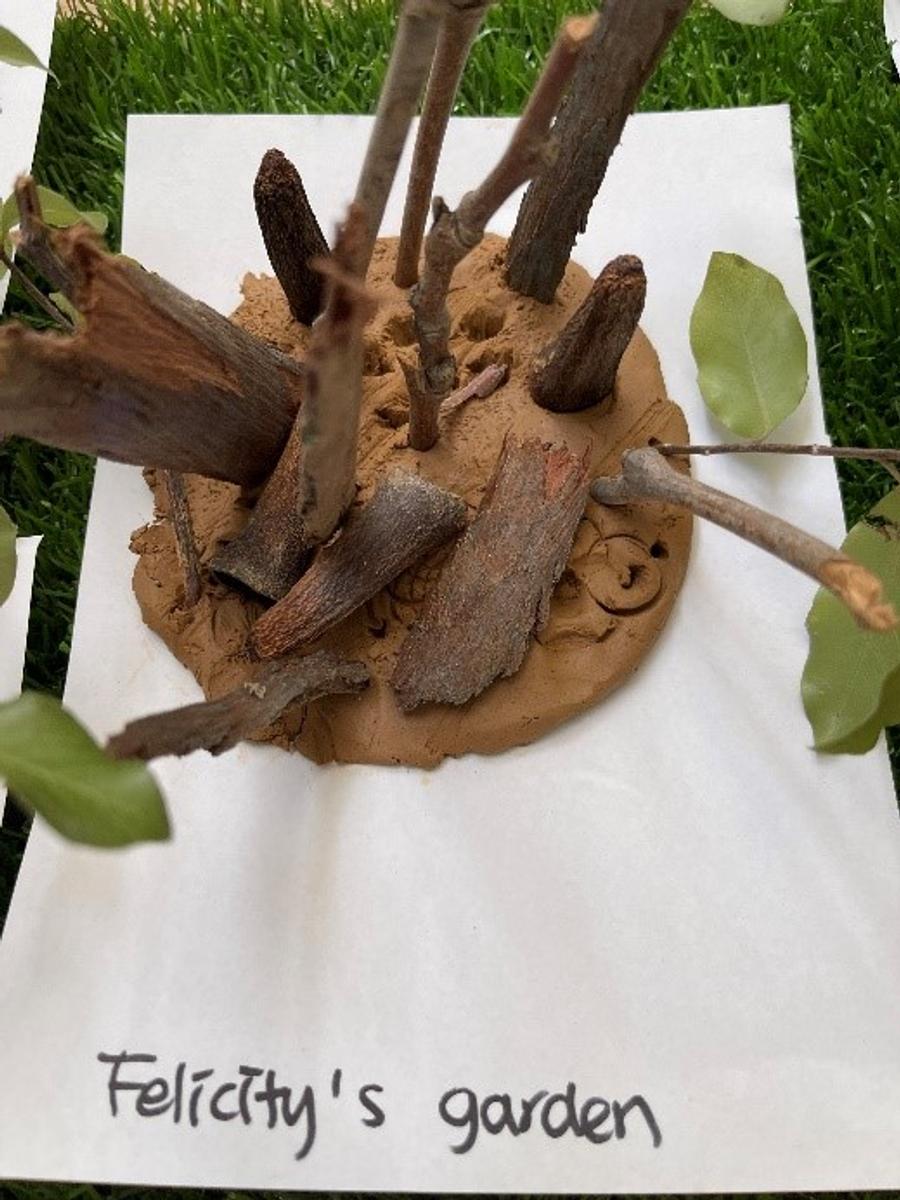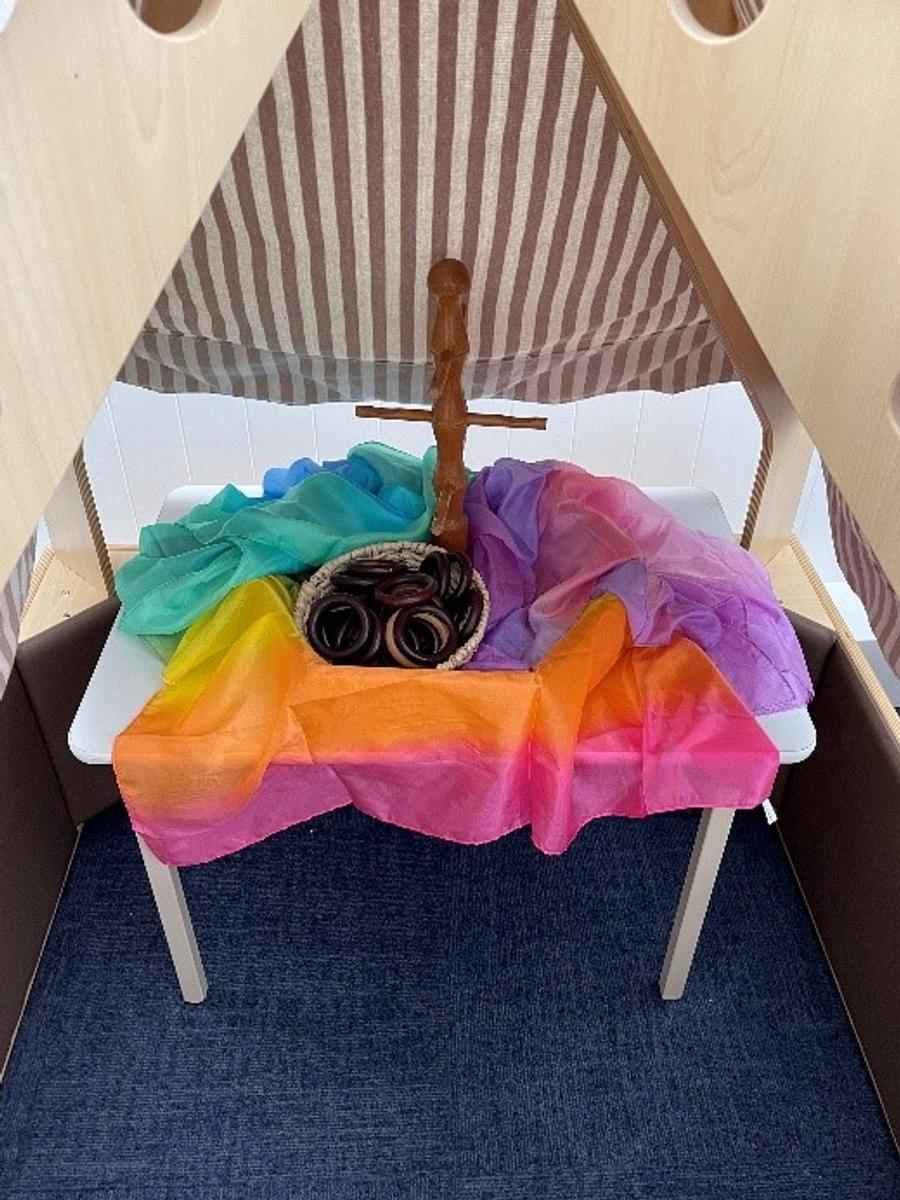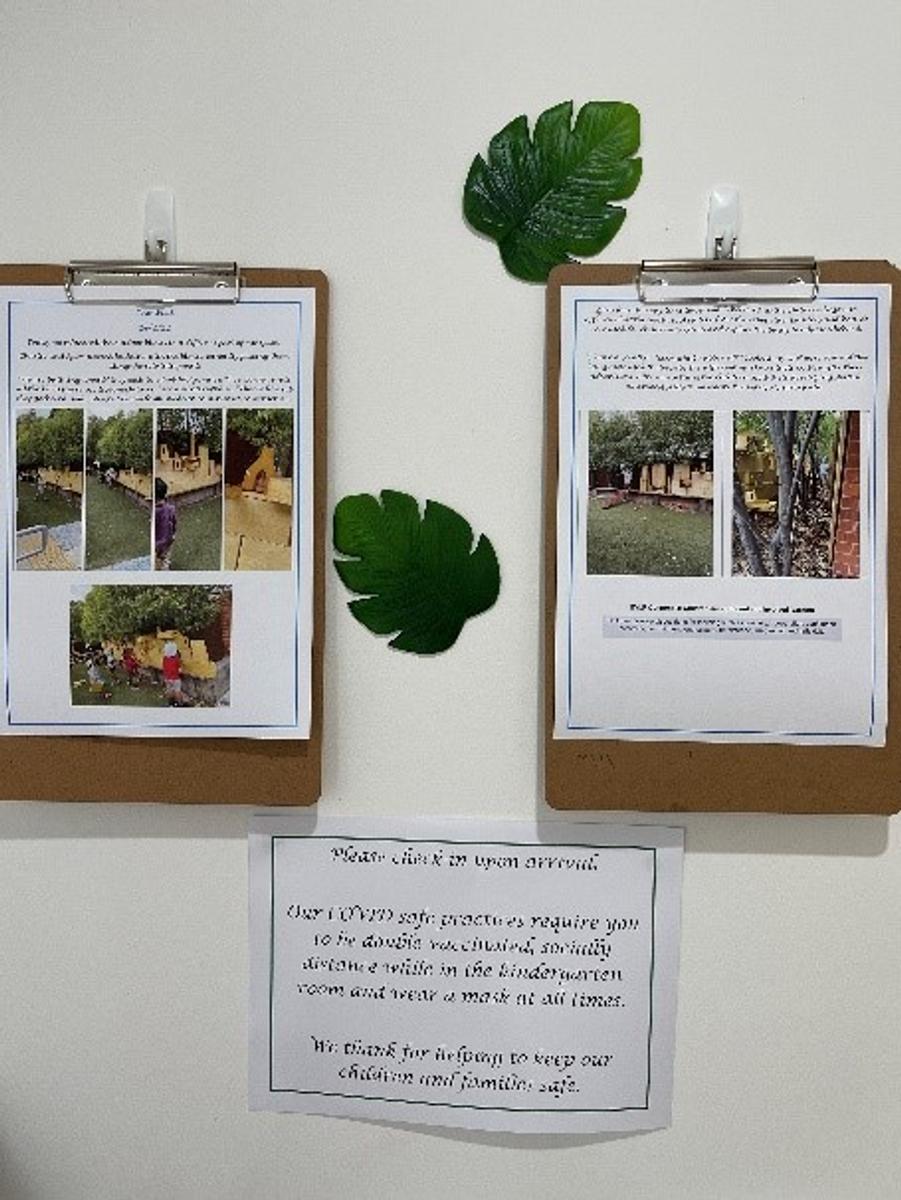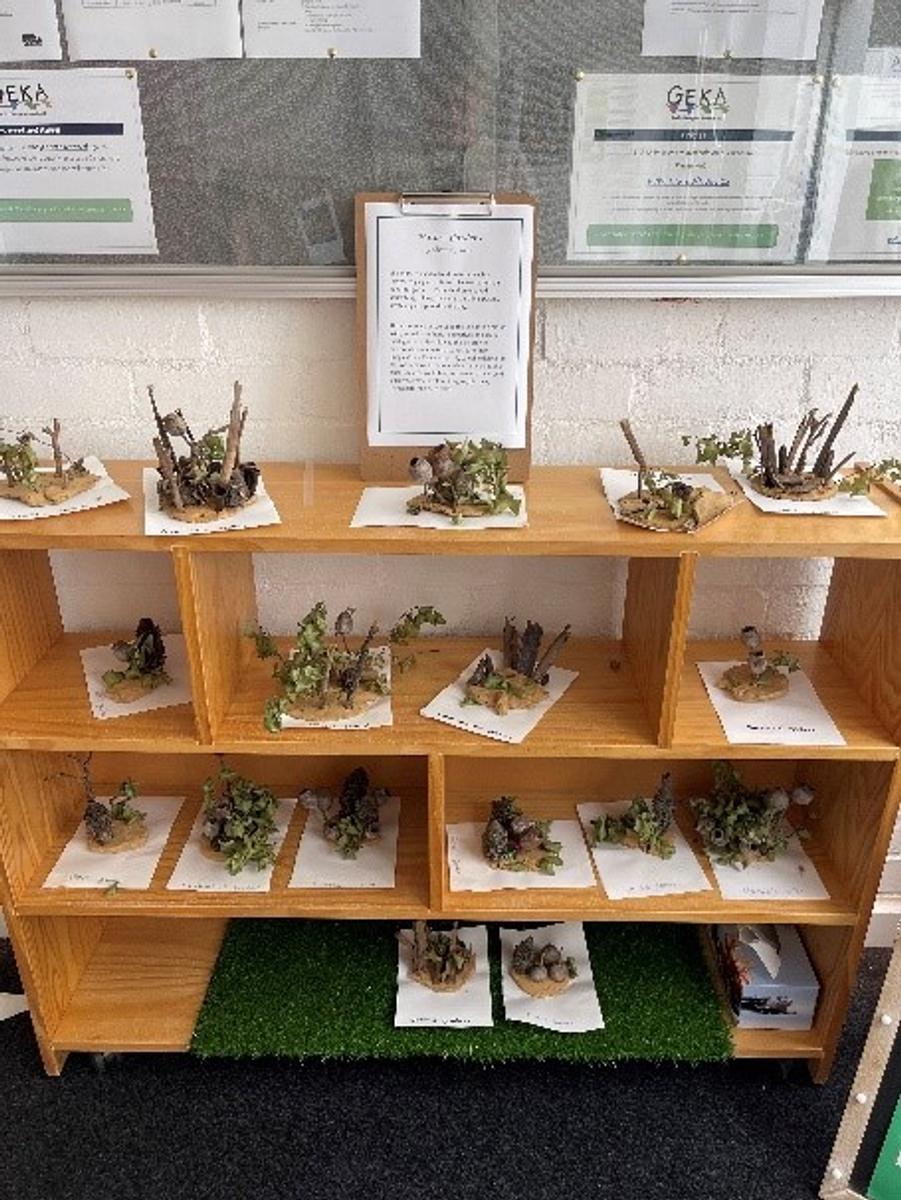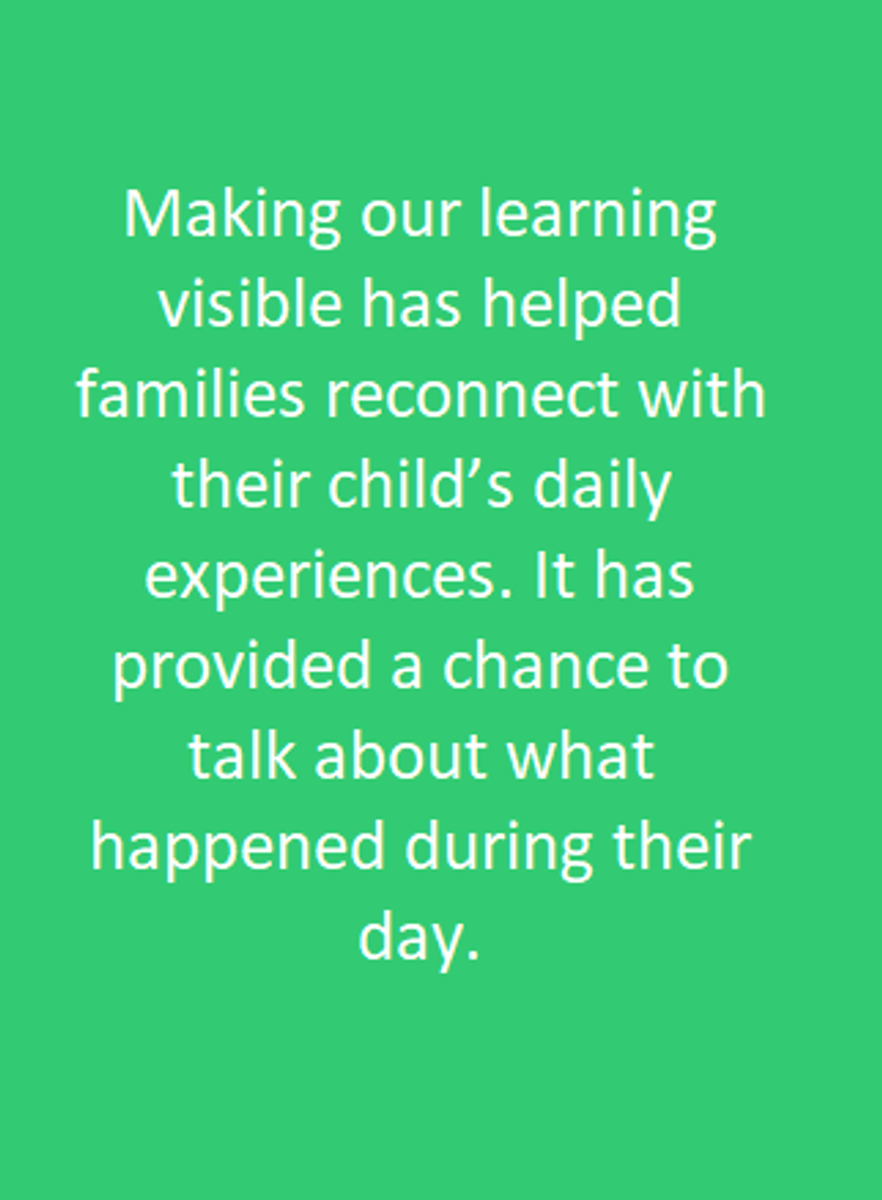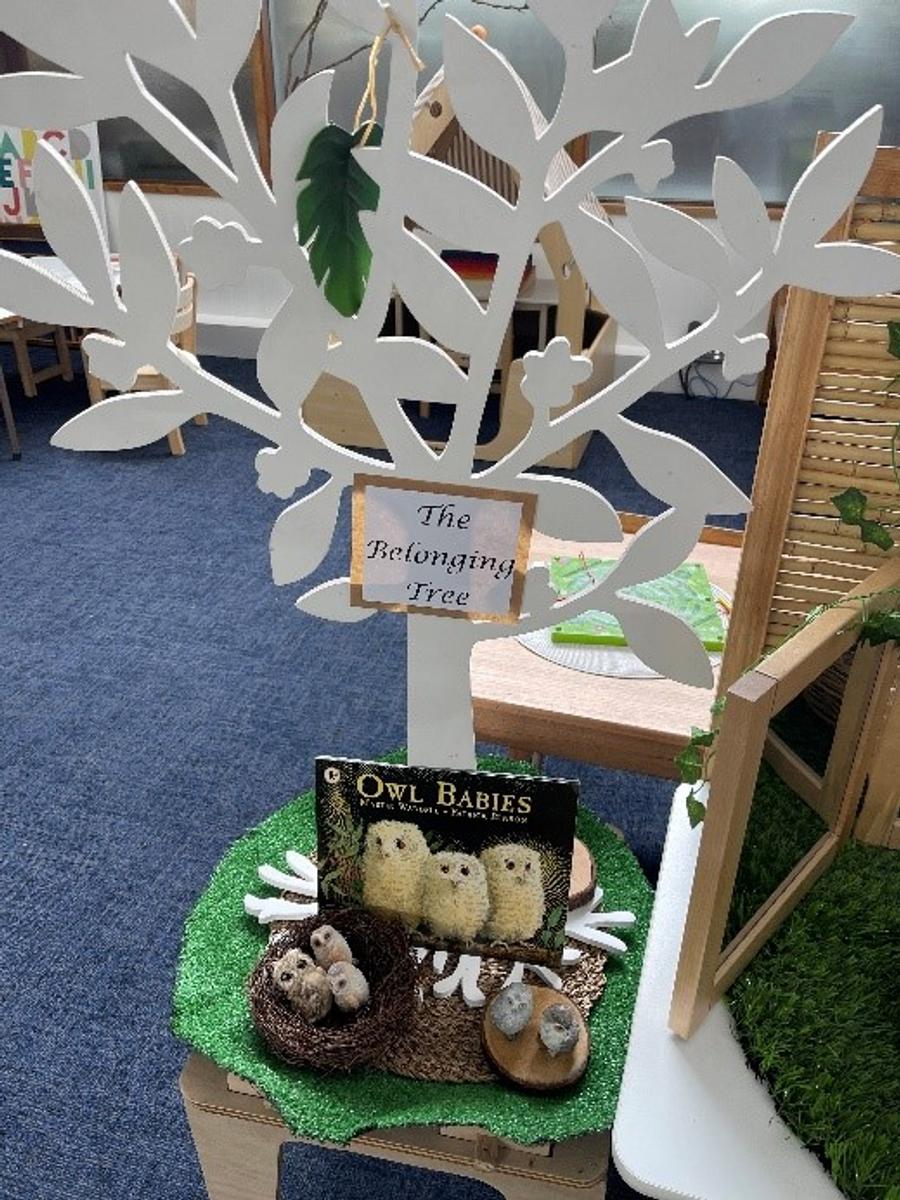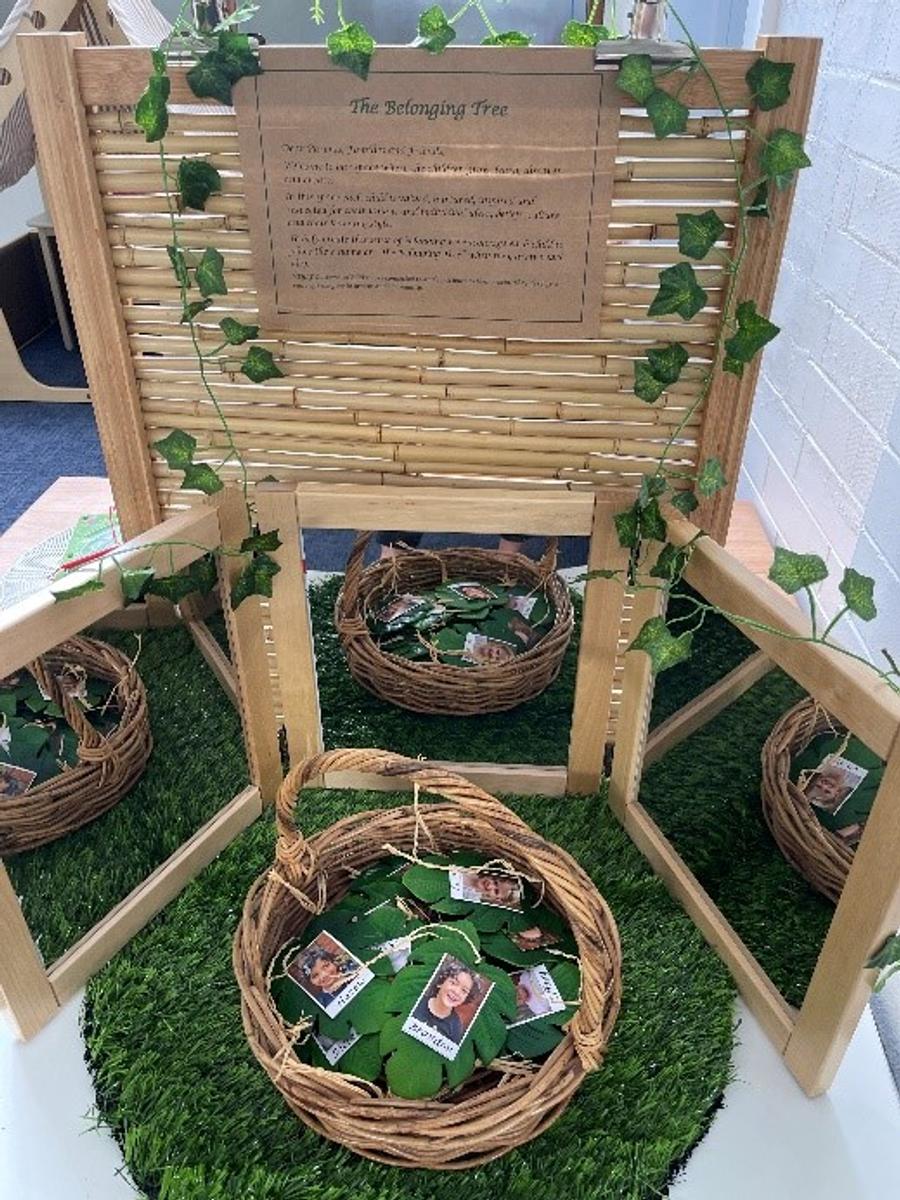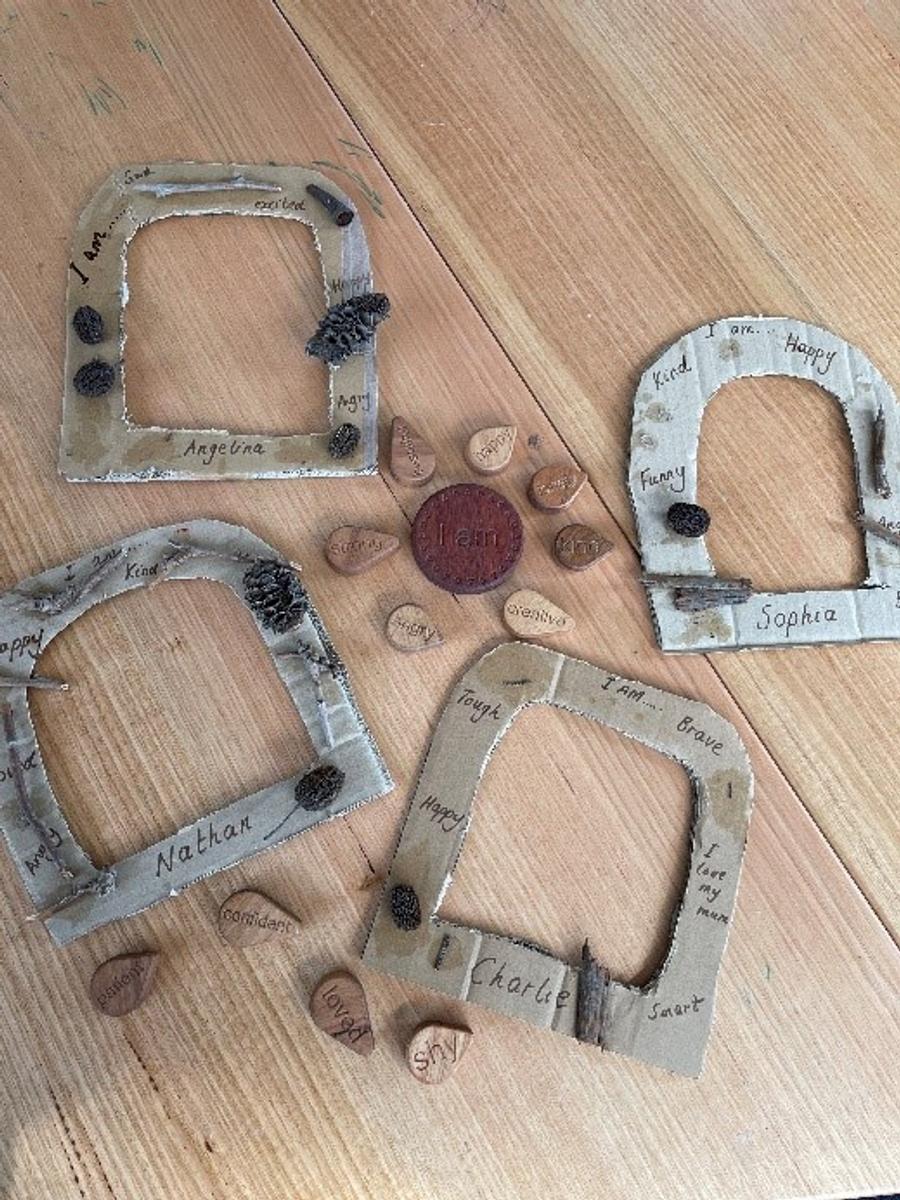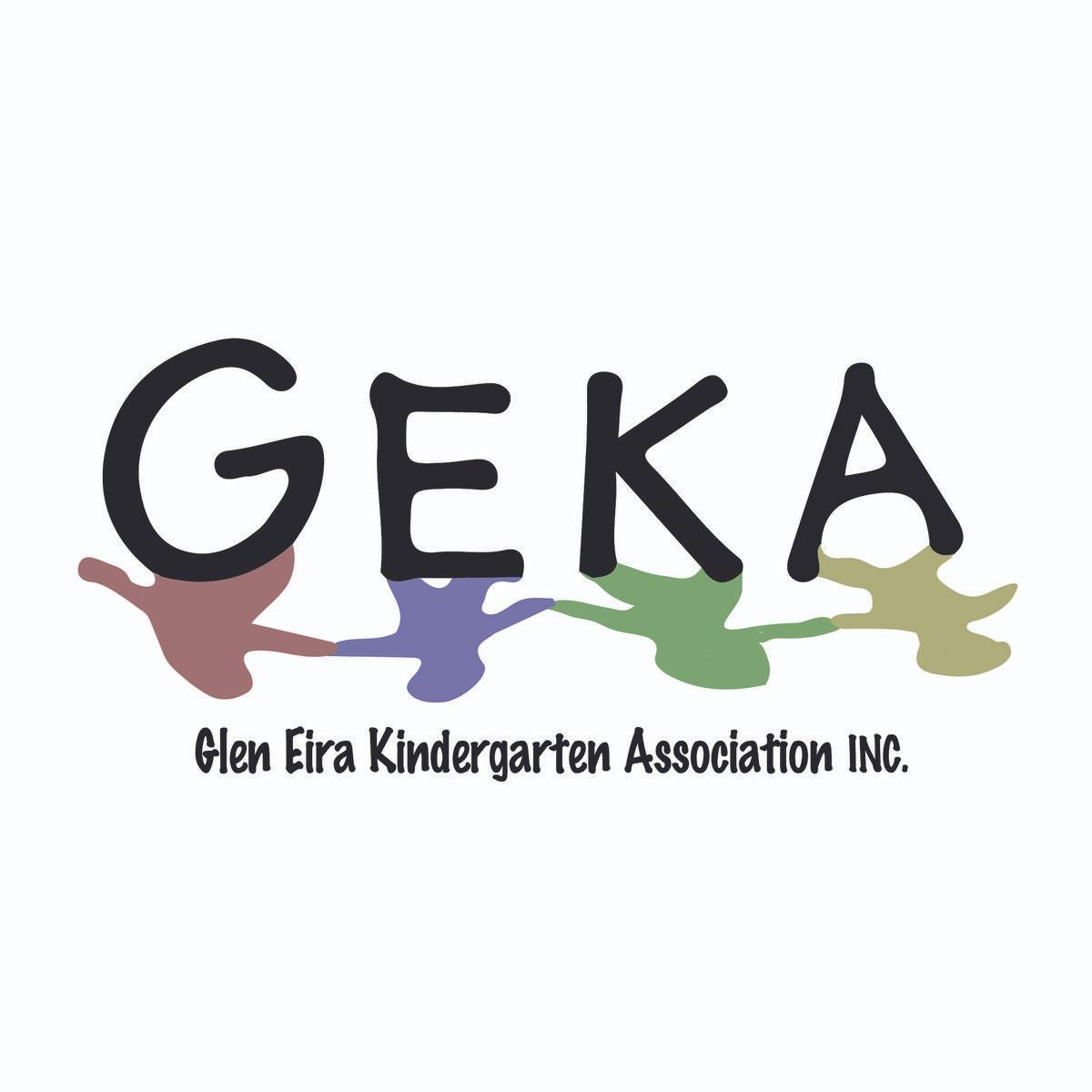GEKA Sacred Heart
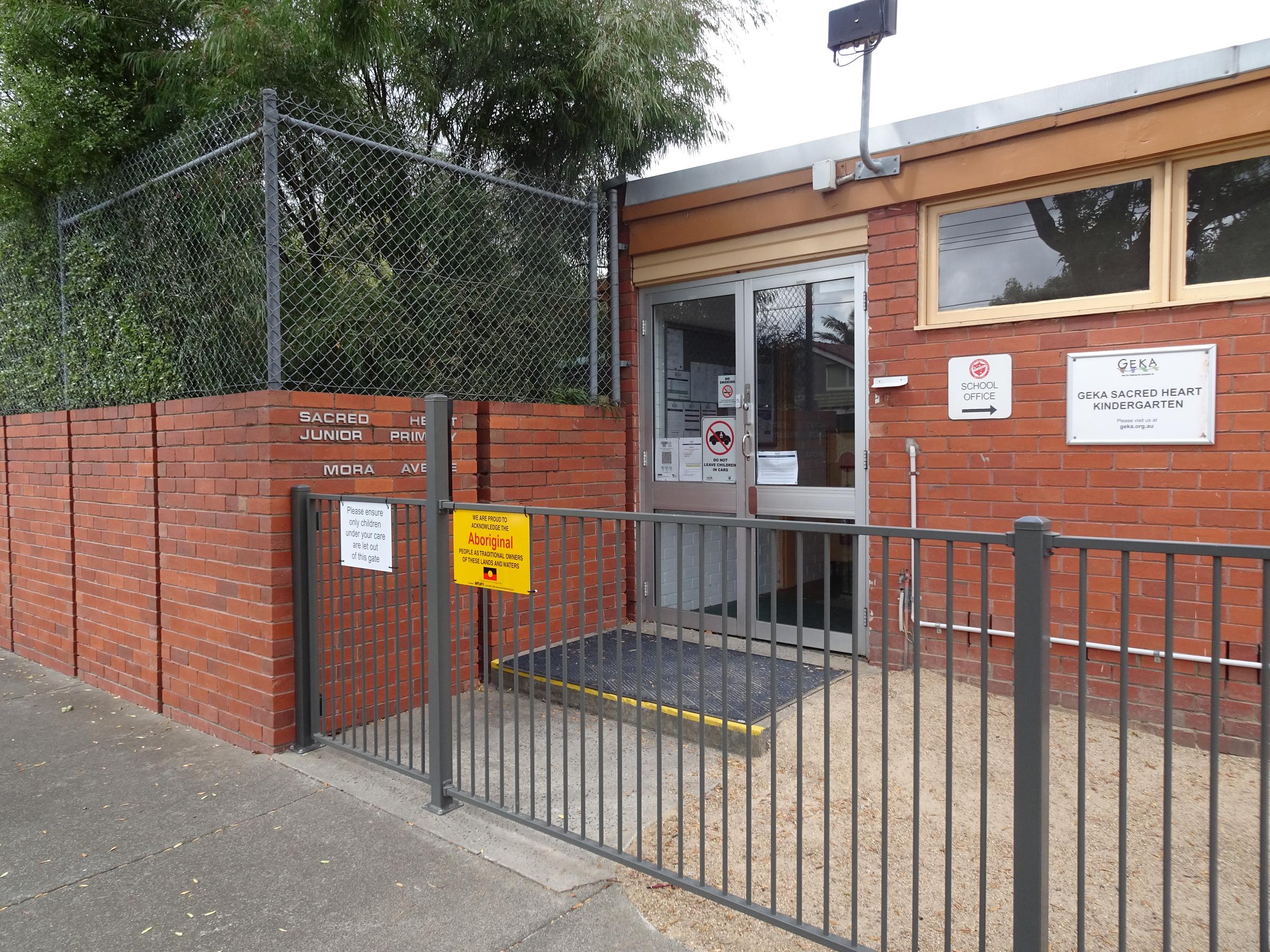
Building Relationships and Supporting Emotional Wellbeing
Janine Bird, Early Childhood Teacher
As we embark on our teaching and learning journey in 2022 we have observed many implications of the last few years as our children and ourselves navigated the pandemic.
From our observations there have been many things that have impacted the way our children learn and grow in our kindergarten environments. Extended time at home, limited social interactions, increased screen time and lack of routine have all impacted the way our children learn. Yet there have been many positive outcomes. Increased family time, time and space to play at home, in a familiar environment. Less rushing and a focus on children’s wellbeing, resilience and mental health.
Fundamental life skills including communication, problem solving, creativity, emotional intelligence, listening and empathy, are all skills which have been impacted by the interruptions of the last few years.
So how are we adapting our practise to cater for the diverse range of needs of our 2022 cohort?
The team at GEKA SHK have observed a need to focus on the establishment of trusting relationships between: educators and children, educators and families, and children and their peers. These critical connections have been the key to our planning in Term 1. Providing many opportunities for uninterrupted play, social stories and role play to help children connect with others is helping children navigate new relationships and experiment with social language and social cues.
We have done this through creating a culture of respect, care and trust. Many open-ended, sensory play opportunities have allowed the children to listen, observe and interact with one another in a peaceful and calm environment.
Communication has been the strongest focus to help link everyone back together. We have seen a need for increased visual documentation as families reconnect with their child’s learning journey. Foyer displays, fortnightly updates, conversations and discussions have all played a major part in our first term together.
At GEKA SHK we have established “The Belonging Tree” as an intentional way to empower children to “own” the kindergarten space as a place where they have the freedom to experiment, explore, discover and grow throughout the year. As they enter the room, the children find their photo and place it on the tree each morning. A symbol of belonging, a symbol of trust and safety. So important after the uncertainty of the past years.
We have also observed a need to encourage the children to manage their emotions and feelings. In 2021 we were actively involved in The Resilience Project which focused on some key principles. Gratitude, Empathy and Mindfulness (GEM). This has become embedded in our daily program and we observed many benefits last year as the children became skilled in articulating their emotions and feelings. With the world rapidly changing in so many ways, it is vital that young children find a way to express their feelings, name their feelings and develop strategies to manage them. Our involvement with The Resilience Project will once again be evident this year. We have introduced the use of our Emotion Charts, which use different colours to represent different feelings. We have also implemented a time in each day where the children have the chance to be Mindful. We use Affirmation cards, and “I am…” statements to empower the children to acknowledge and respect each other’s differences and similarities and gain a greater understanding of who they are.
Whilst all these practises were embedded in our programs, prior to 2020, the emphasis has increased and evolved throughout Term 1. We are just beginning to see the diverse needs of each child, as they emerge from Covid-19 life.
It’s exciting and inspiring to see just how amazing our children have become.

